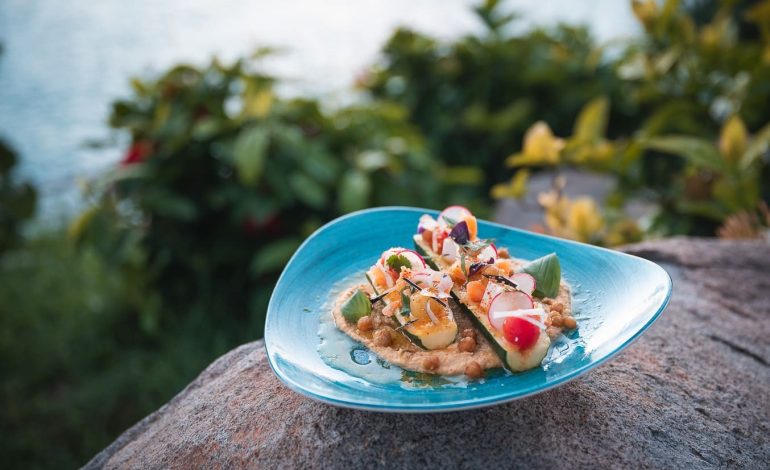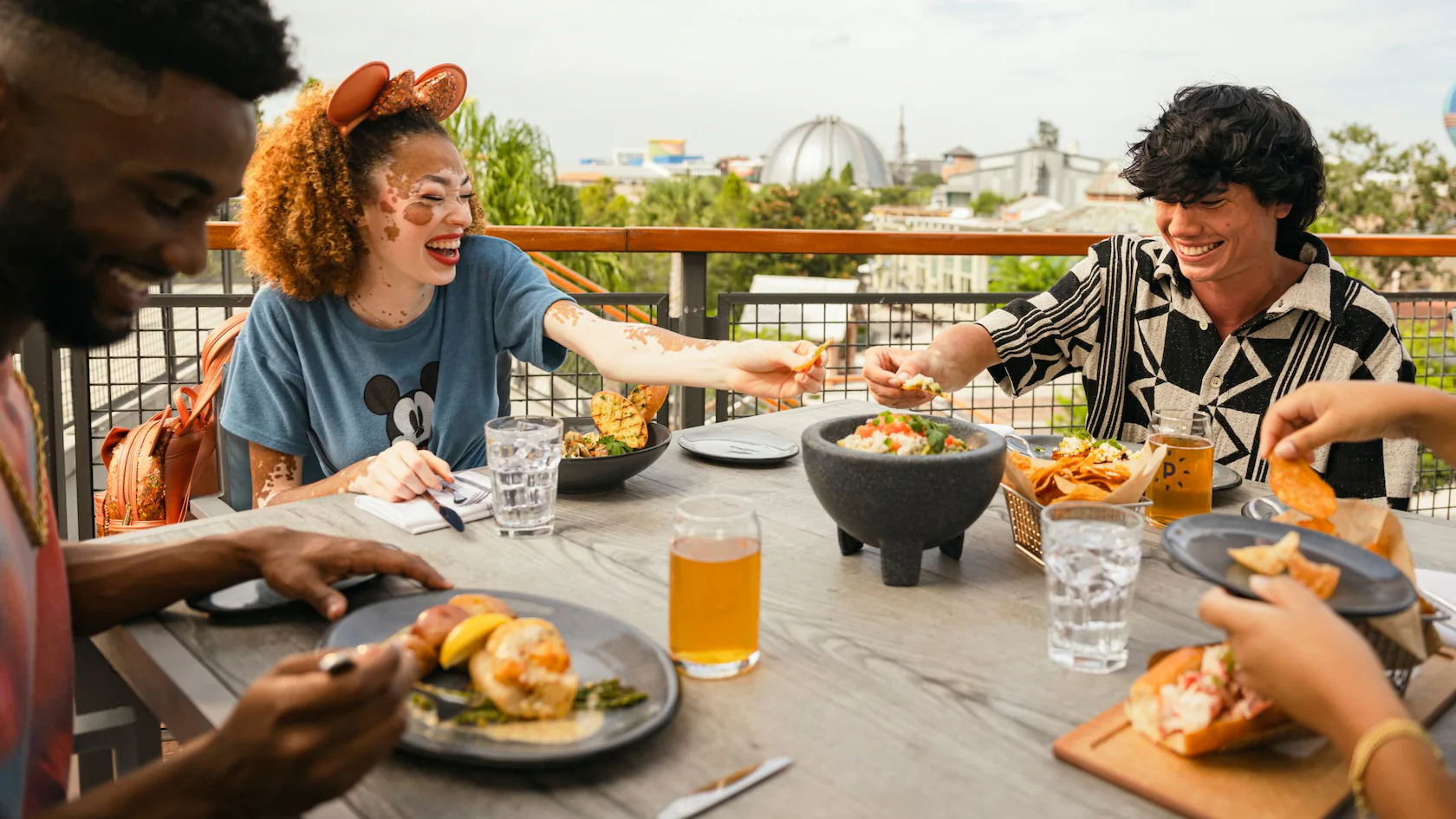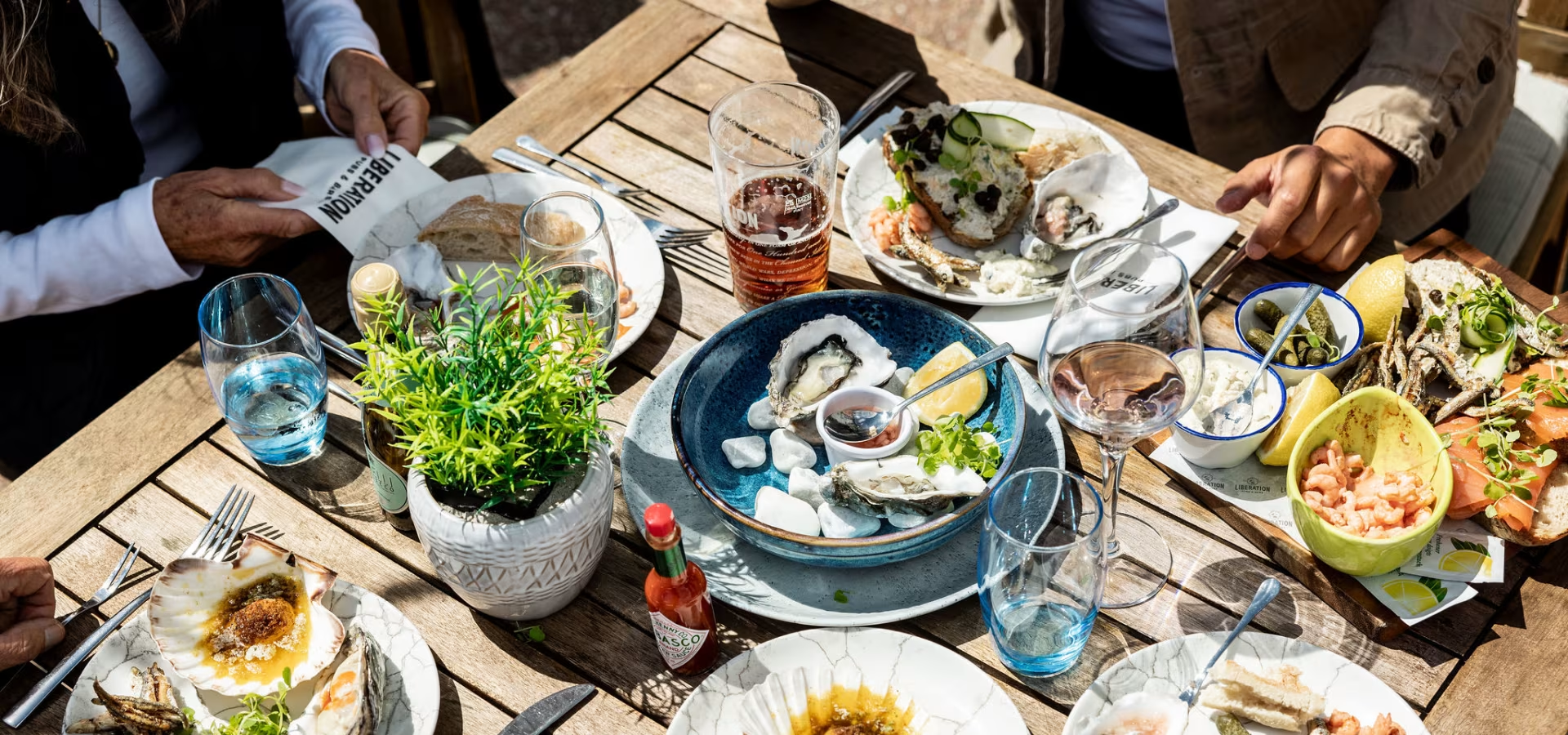The Delicious Side of Life: How Food Has Become the Heart of Modern Recreation
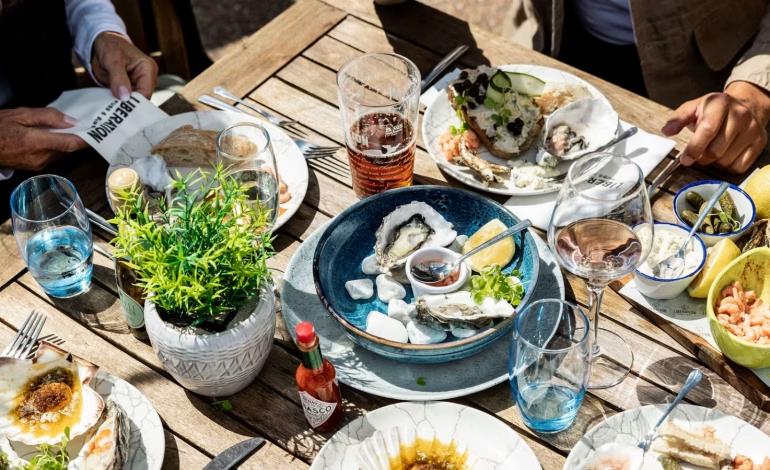
Food is more than just nourishment — it’s an experience, a story, and for many, a joyful form of recreation. Across the world, people gather around meals not only to eat but to celebrate, relax, and connect. In today’s fast-paced world, where leisure time is precious, food has become a key element of how we unwind and enjoy life.
From backyard barbecues to global food festivals, from home baking to fine dining adventures, food-centered recreation has grown into a worldwide cultural movement. Let’s explore why eating and cooking have become such vital parts of recreation — and how this delicious trend continues to evolve.
1. Food as a Universal Language of Joy
One of the most remarkable things about food is its power to unite people. No matter where you come from, sharing a meal creates a sense of community. Every bite tells a story — of tradition, creativity, and culture.
Whether it’s making sushi in Japan, cooking pasta in Italy, or grilling meat in Argentina, food transcends language barriers. It’s an expression of love, friendship, and celebration. This universality is why food-centered recreation resonates so deeply: it satisfies both the appetite and the heart.
People don’t just eat for sustenance — they eat to connect, to celebrate milestones, or simply to savor the pleasures of life. The social act of eating together has become one of humanity’s most enduring and enjoyable forms of recreation.
2. Culinary Tourism: Tasting the World
Travel and food have always gone hand in hand, but in recent years, culinary tourism has exploded in popularity. Travelers now plan their trips around food experiences — exploring local cuisines, visiting markets, and learning to cook traditional dishes.
In places like Bangkok, Paris, or Mexico City, food tours are as popular as museums or landmarks. Visitors sample street foods, take part in cooking classes, and learn about regional ingredients. It’s a delicious form of cultural discovery.
For travelers, food isn’t just something to consume — it’s a way to understand a culture from the inside out. Culinary tourism transforms meals into memories and turns every bite into an adventure.
3. The Rise of Home Cooking as a Hobby
Home cooking has transformed from a daily necessity into a rewarding pastime. Thanks to online tutorials, social media recipes, and cooking shows, more people are experimenting in the kitchen than ever before.
The pandemic years especially rekindled people’s love for home cooking. Baking bread, crafting elaborate dinners, or perfecting family recipes became a form of therapy and recreation. Cooking provides a creative outlet — one where the process is as enjoyable as the result.
There’s something deeply satisfying about preparing your own food. Measuring, chopping, stirring, and seasoning offer mindfulness and focus. The kitchen becomes a personal playground, where imagination and flavor collide.
Whether you’re mastering a sourdough starter or learning to make homemade pasta, cooking gives people a sense of achievement — and a delicious reward at the end.
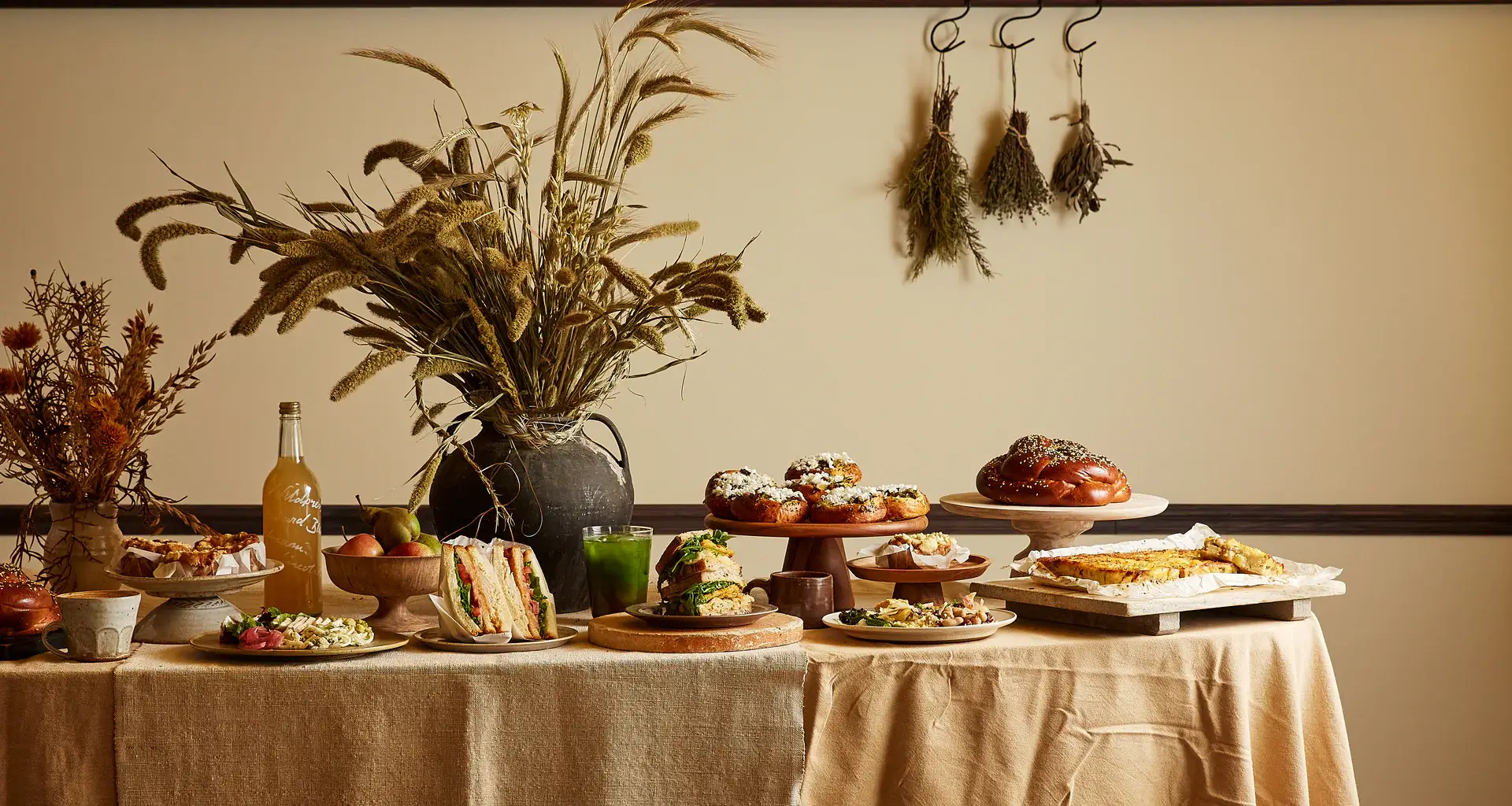
4. Food Festivals and Street Markets: A Feast for the Senses
Few experiences capture the fun of food recreation like a bustling food festival or market. From New York’s Smorgasburg to Singapore’s hawker centers, food gatherings bring people together in a shared celebration of taste and culture.
Food festivals combine entertainment, art, and gastronomy. They’re spaces where chefs, vendors, and food lovers mingle — sampling dishes, discovering new flavors, and enjoying music and company.
Street markets, too, are thriving as recreational destinations. Wandering through rows of sizzling food stalls, tasting local specialties, and chatting with vendors turns eating into an adventure. Every smell, sound, and bite adds to the experience.
These events not only satisfy appetites but also boost local economies and preserve culinary traditions — making food festivals a perfect blend of leisure and community spirit.
5. The Health and Wellness Aspect of Recreational Eating
While recreation often implies indulgence, food-centered leisure can also be incredibly healthy when approached mindfully. Cooking at home encourages better nutrition, as individuals control ingredients and portion sizes.
Farmers’ markets and organic food fairs inspire people to choose fresher, more sustainable options. Cooking together as a family strengthens bonds while teaching children the importance of balanced meals.
Moreover, mindful eating — the practice of savoring food slowly and appreciating flavors — enhances both physical and mental well-being. It reduces overeating, improves digestion, and turns mealtime into a calming, enjoyable ritual rather than a rushed task.
In this way, food becomes both recreation and self-care. It feeds the body while refreshing the mind.
6. Sustainability and Ethical Eating: Recreation with a Purpose
Modern recreation often comes with a sense of responsibility, and food is no exception. More people are using their culinary passions to promote sustainable, eco-friendly lifestyles.
Farm-to-table dining, vegan festivals, and zero-waste cooking workshops are growing in popularity. These activities let people enjoy food while learning about ethical sourcing and environmental impact.
Urban gardening and community farms have also become popular forms of recreational food engagement. Growing your own herbs, vegetables, or fruit connects you directly with nature — and makes cooking even more rewarding.
Food recreation, when rooted in sustainability, becomes more than pleasure — it becomes purpose. It allows people to enjoy flavor while nurturing the planet.
7. The Digital Influence: Food as an Online Experience
In today’s digital age, food has taken over social media. Platforms like Instagram, TikTok, and YouTube have turned food into a visual feast, inspiring millions to cook, share, and explore.
“Foodie culture” thrives online, where people post recipes, restaurant reviews, and cooking hacks. Watching others cook or eat has even become a form of recreation itself, with millions tuning into food vlogs and mukbang videos.
While critics argue that online trends can glamorize unhealthy habits or waste, there’s no denying that digital spaces have made food more accessible and inspiring. A single video can introduce someone to a new cuisine or cooking technique, sparking creativity in kitchens across the world.
The internet has turned food into a global conversation — one that connects amateur chefs, professional cooks, and hungry audiences everywhere.
8. Food and Social Connection
At its heart, food-based recreation is about togetherness. Shared meals bring families closer, friendships stronger, and communities more united.
Dining together fosters conversation, laughter, and bonding — things often missing in our fast-moving digital world. Whether it’s a picnic in the park, a Sunday dinner, or a food-themed gathering, eating with others nourishes the soul as much as the body.
Sociologists have even found that people who regularly eat with others tend to report higher happiness and life satisfaction. It’s proof that food isn’t just fuel — it’s fellowship.
9. The Future of Recreational Food Culture
As society continues to evolve, so too will our relationship with food. The future of recreational eating will blend innovation, sustainability, and experience.
Expect to see more fusion cuisine, combining global flavors in creative new ways. Virtual and augmented reality may bring interactive dining experiences, while AI-generated recipes could revolutionize home cooking.
But even as technology advances, one thing will remain constant: our love for sharing food. From high-tech kitchens to open-air markets, the joy of eating will always be one of the most universal forms of recreation.
Conclusion
Food is life’s simplest and most satisfying pleasure — and when paired with recreation, it becomes an art form. Whether it’s exploring new cuisines, cooking at home, or attending food festivals, the act of eating and sharing nourishes not only our bodies but our spirits.
Recreation through food reminds us to slow down, savor each moment, and celebrate the joy of connection. In every dish lies a story, a culture, and a spark of creativity — proof that the most delightful adventures often begin right at the dinner table.


